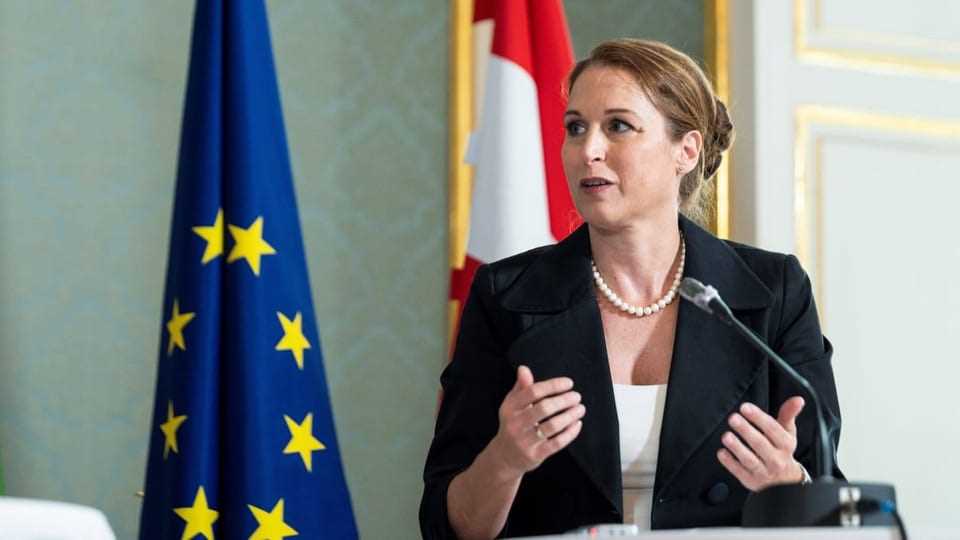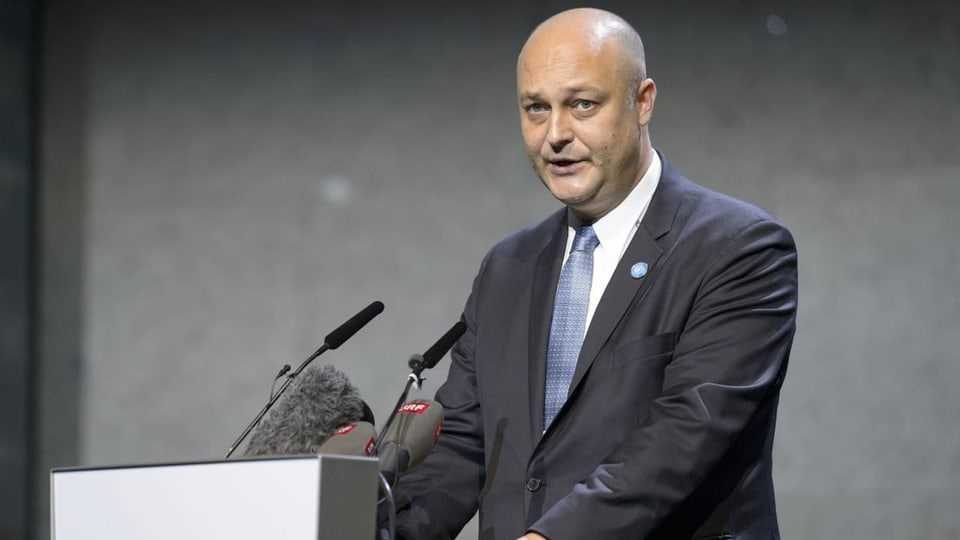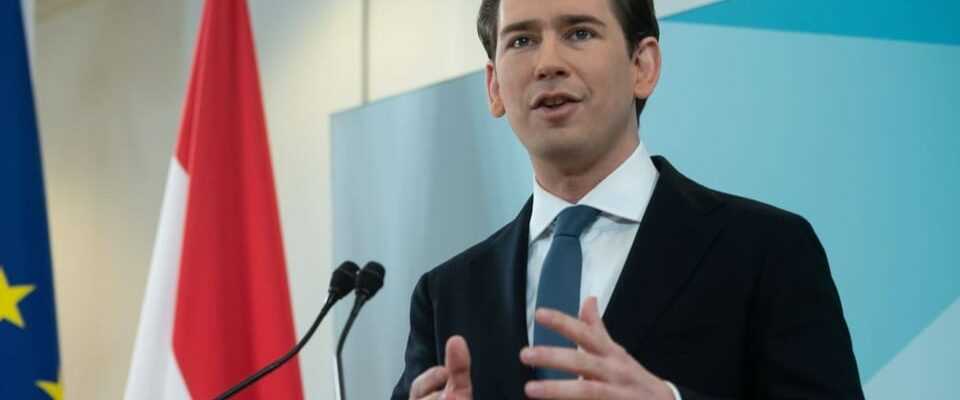contents
The corruption affair surrounding ex-Chancellor Sebastian Kurz also revealed weaknesses in the Austrian judiciary. An overview.
It’s all about this: Bad things came to light in Austria half a year ago: Closest associates of ex-Chancellor Sebastian Kurz are said to have published fake election polls in a tabloid newspaper – paid for with tax money. The conservative ex-chancellor immediately countered and spoke of “red networks” in the judiciary. Judges and public prosecutors felt that they were under massive pressure, and some even saw the separation of powers in danger.
This has happened since Kurz’s resignation: Since Chancellor Kurz resigned six months ago, the situation in the neighboring country has calmed down. Because with their resignations, Kurz and his closest party friends have left the final line. And the new chancellor, Karl Nehammer, is not involved in the Kurz affair.
Legend:
Kurz will speak on the occasion of his resignation on December 2, 2021 in Vienna.
imago images
Kurz and his entourage are accused of this: Specifically, it is about infidelity, bribery, false testimony or job scams. The focus is on the following allegation: party friends of ex-Chancellor Kurz had had election polls published in an Austrian tabloid in their favour. The newspaper was paid or bribed for this service – with tax money.
This is what Kurz meant by “red networks”: When Chancellor Kurz found out that the public prosecutor’s office was also investigating him, he quickly went on the offensive. Kurz, at that time also head of the conservative Austrian People’s Party ÖVP, accused the investigating public prosecutor’s office of being active in “red networks”. In other words, the judiciary is infiltrated on the left and partisan.
This is how the judiciary reacted: For example, the President of the Association of Austrian Judges, Sabine Matejka, firmly rejected the accusation of “red networks”. Because in Austria’s judiciary, the party book has generally lost nothing. This applies in particular to the allocation of judgeships. According to Matejka, Austria differs decisively from Switzerland in this respect.

Legend:
Ex-Chancellor Kurz and his closest party friends put pressure on the judiciary. This is confirmed by Sabine Matejka, President of the Austrian judges: “These attacks were definitely a border crossing and unique in this form, especially in this intensity.”
imago images
This is the status in the case: The investigations continue. No one has been convicted yet. In particular, many chat messages that the ex-Chancellor and ministers or closest friends used to communicate with each other have not yet been evaluated. And at the same time, a parliamentary committee of inquiry is meeting in Vienna to bring clarity to the corruption affair. There is a good chance that there will be more allegations.
Demand for reforms: Gerhard Jarosch was a senior Austrian public prosecutor for many years. He says the public prosecutor’s office is working well – they uncovered the Kurz affair. And yet there is a need for action to make the judiciary even more independent. He points out that there is still no federal prosecutor in Austria. Because in the neighboring country, the Minister of Justice heads the public prosecutor’s office and can even intervene in ongoing proceedings and influence them. Austria would have to change this immediately, says Jarosch, who recently stopped working as a public prosecutor.

Legend:
The long-standing Austrian public prosecutor Gerhard Jarosch on the fact that Austria has no federal prosecutor: “This is clearly a remnant from the dark days of the monarchy, when the judiciary could still receive orders from above.”
key stone
